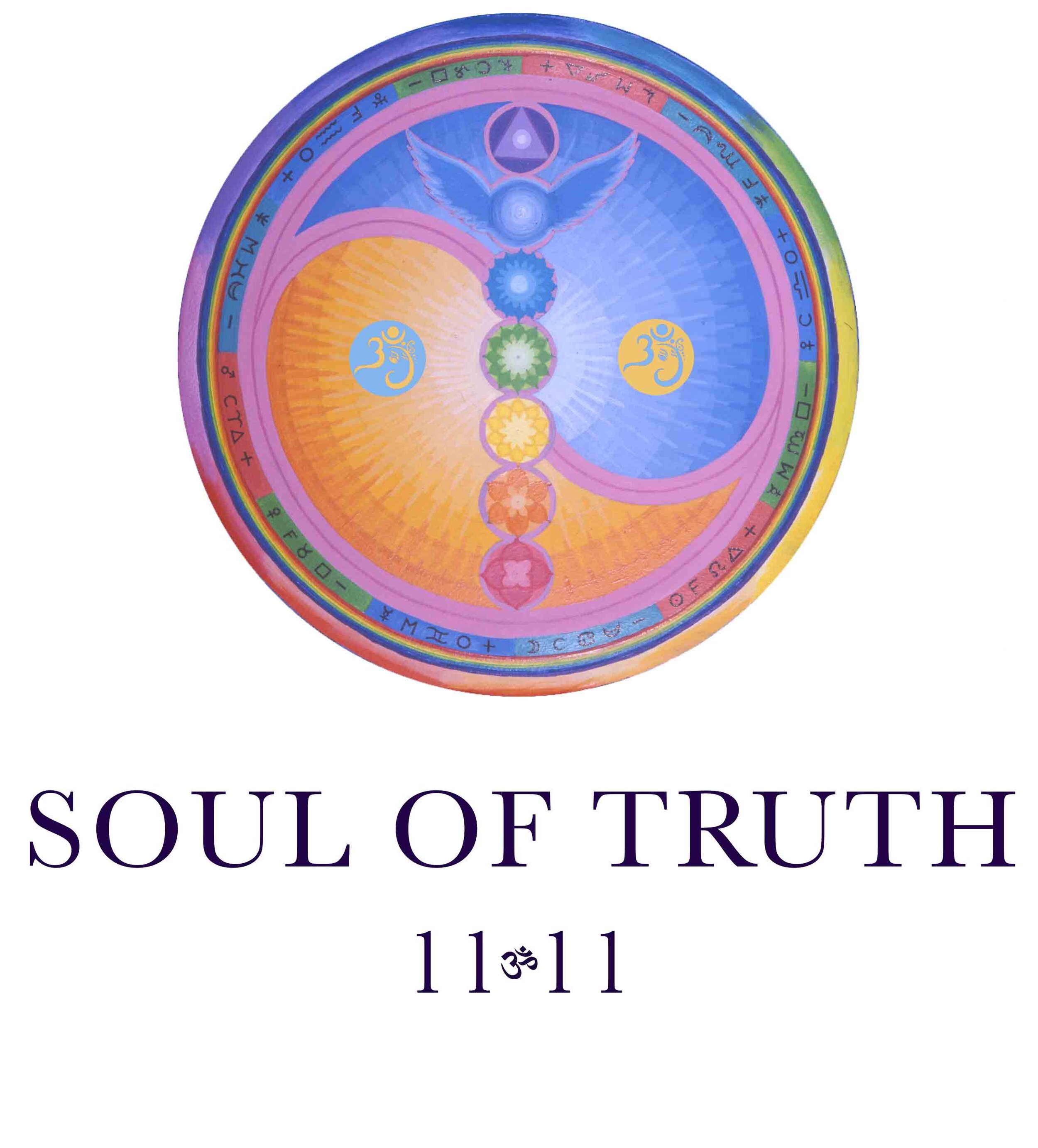The Motherlode Source for Sacred Scripture:
This is the largest freely available archive of online books about religion, mythology, folklore and the esoteric on the Internet. The site is dedicated to religious tolerance and scholarship, and has the largest readership of any similar site on the web.
Below is a Selection of Key Readings, including Vedic scripture,
Spiritual Principles and Poetry.
Bhagavad Gita
The Bhagavad Gita - “The Song of the Lord” - is not only the most fundamental text of Hinduism, but perhaps the greatest gift of knowledge to the world.
The dialogue between Lord Krishna and his disciple Arjuna is contained in the Hindu Epic, Mahabharata, where, on the battlefield of Kurukshetra,
Krishna reveals the deepest secrets of Yoga and the science of the Soul.
“It is the universal scripture for all people of all temperaments and for all times.”
“The teachings of the Gita are broad, universal and sublime. Its teachings do not belong to any cult, sect, creed, particular age, place or country. They are meant for people of the whole world at large.”
“You will find a solution here for all your doubts. Even if you live in the spirit of one verse of the Gita, all your miseries will come to an end and you will attain the goal of life -
Immortality and Eternal peace.”
Swami Sivananda
Upanishads
“The Cream of the Vedas”, the Upanishads are a collection of spiritual insights in which the ancient rishis share their direct experience with the transcendental Reality, most notably their discovery that
the soul of every living being is one with the Supreme Soul.
Far from speculative philosophy, these practical teachings provide assurance that Self-realization is within human reach.
“Over two thousand years ago, the sages of India embarked on an extraordinary experiment. While others were exploring the external world, they turned inward - to explore consciousness itself. In the changing flow of human thought, they asked, is there anything that remains the same?”
“They found that there is indeed a changeless Reality underlying the ebb and flow of life.”
Ecknath Easwaran
Yamas and Niyamas
The Yamas and Niyamas are ethical guidelines that constitute the first two limbs of sage Patanjali’s eight-fold path of Raja Yoga. The five Yamas (restraints in Sanskrit) regulate our conduct in society, or how we act in the world. The five Niyamas (observances) represent precepts of self-discipline, or how we act in ourselves. They are essential personal practices that set the foundation for real advancement on the Yogic path.
“By firmly grasping the flower of a single virtue, a person can lift the entire garland of yama and niyama.”
Swami Kripalu
Yoga Sutras
The Yoga Sutras of Patanjali is considered to be among the most important texts in the field of Yoga.
The vast collection of sutras holds very little focus on the asanas (physical postures), which is a common misconception of Yoga today, but details the theory and practice of Yoga, referencing spiritual disciplines and meditations also found in the Upanishads.
“Take up one idea. Make that one idea your life; dream of it; think of it; live on that idea. Let the brain, the body, muscles, nerves, every part of your body be full of that idea, and just leave every other idea alone. This is the way to success, and this is the way great spiritual giants are produced.”
Swami Vivekananda
Way of the Boddhisattva
In this treasured Buddhist text, Shantideva outlines the path of the Boddhisattvas: Those who have renounced the pursuit of individual enlightenment in order to work for the benefit and liberation of all.
The teachings encourage the cultivation of divine qualities such as Love, Compassion and Patience and an attitude of altruism and responsibility toward all living beings.
“Go forth, O’ Bhikkhus, for the welfare of the many, for the happiness of the many,
out of compassion for the world, for the good, welfare and happiness of gods and men.”
Buddha
Spiritual Quotes for Universal Principles
Eighteen spiritual principles to live by, supported by teachings from different traditions around the world, such as Hinduism, Buddhism, Taoism, Christianity, Judaism and Islam.
Cultures change with the passing of time but timeless principles remain.
“Spiritual Quotes for Universal Principles gives a rare glimpse into the roots of humanity’s beliefs and the opportunity to see for yourself, keys to your own spiritual awakening.”
“We have found that the world’s religions hold the pieces to the puzzle that can lead us into a higher way of life. We believe that life lived through these principles and values is not only the path to wholeness, but contains the hope for the future.”
Irene Malek
Epic Rumi Poems
A collection of beautiful and ecstatic poems from one the greatest mystics and spiritual masters of all time: Rumi.
His soul-stirring universal messages of Love, Light and Life will never cease to inspire.
These are words that touch the heart, expand the mind and speak to the soul.
Characteristics of the Kali Yuga
We are living in what is known as the Kali Yuga, or the age of darkness.
This is a time where civilization becomes degraded, spirituality is corrupted and greed and materialism prevail.
According to the Hindu tradition, it is the last of the four cycles, or yugas, that the world endures, and is the present reality in which we are all seated.
Hinduism symbolically represents Dharma - the path of Light - as an Indian bull. In each age, morality is reduced by one quarter and the bull loses a leg. By the age of Kali, one leg - a single vestige of Truth - remains.
“Noble friend,
When I leave this world
Darkness will descend:
The dreaded Age of Kali will begin -
The age in which all that is auspicious
Becomes hidden and obscured.
Do not remain here when I have gone.
You are a worthy soul,
But in this darkness which is to come
People will indulge in all that is unworthy.”
Krishna

